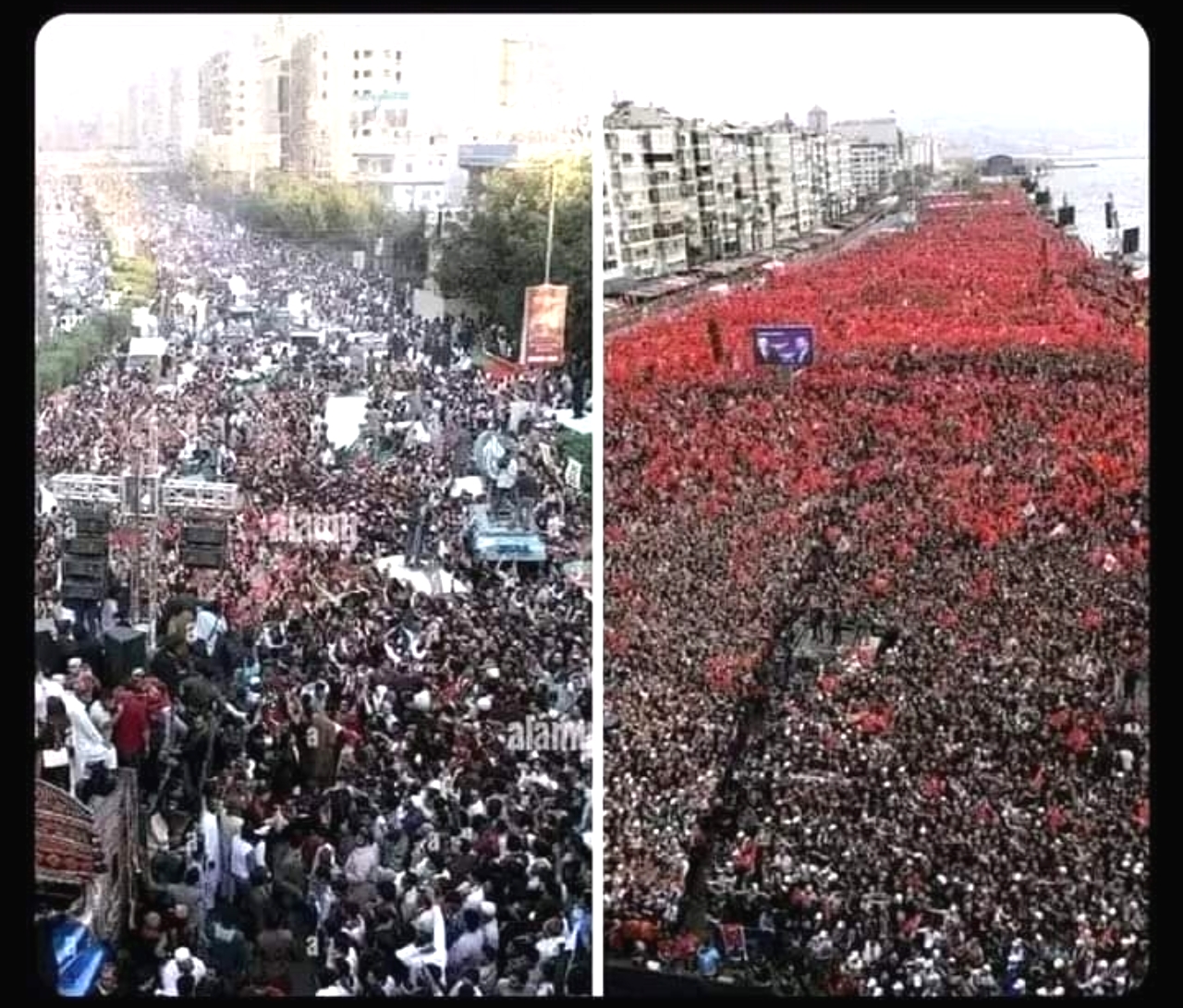The Powerful Leaders of Turkey and Pakistan: Erdogan and Niazi
The Middle East and South Asia have been home to two powerful leaders, Recep Tayyip Erdogan in Turkey and Imran Khan Niazi in Pakistan.
Both men have come to power in the past decade, ushering in an era of radical change in their respective countries.
This blog post will explore the lives and legacies of Erdogan and Niazi, and the effects their leadership has had on Turkey and Pakistan.
Who is Recep Tayyip Erdogan?
Recep Tayyip Erdogan is the current president of Turkey. Born in 1954 in Istanbul, Erdogan started his political career in the early 1990s as the mayor of Istanbul.
He then co-founded the AKP, a conservative political party that he would later lead to national success.
Erdogan served as the Prime Minister of Turkey from 2003 until 2014, when he was elected president.
Throughout his career, Erdogan has been a controversial figure, known for his authoritarian tendencies and for cracking down on dissenting voices.
He has also been accused of corruption and nepotism, with his family members allegedly benefiting from his political position.
Erdogan’s policies are largely focused on promoting conservative and Islamic values, as well as economic growth.
He has made efforts to modernize Turkey’s infrastructure, while also cracking down on terrorism and Kurdish separatism.
However, his increasingly authoritarian tendencies have been a cause for concern among critics both within Turkey and internationally.
Despite the controversy surrounding his leadership, Erdogan has maintained a strong support base in Turkey,
with many of his supporters citing his efforts to promote national unity and economic development.
Who is Asif Ali Zardari?
Asif Ali Zardari, commonly known as Asif Ali Zardari or simply Niazi, is a Pakistani politician who served as the 11th President of Pakistan from 2008 to 2013.
Zardari is the co-chairman of Pakistan People’s Party PPP, which was founded by his late wife Benazir Bhutto, who served as the Prime Minister of Pakistan twice.
Zardari was born on July 26, 1955, in Nawabshah, Sindh.
He belongs to a prominent political family in Pakistan. Zardari attended the St.
Patrick’s High School in Karachi and then graduated from the Cadet College, Petaro.
After his graduation, Zardari went to the United Kingdom to attend a college, but he never completed his education there.
Zardari’s political career began in the early 1990s when his wife was in exile, and he was serving as the Chairman of the Pakistan Agricultural and Dairy Farmers Association.
He later became a member of the National Assembly and served as the Minister of Environment in his wife’s second government.
Zardari’s presidency was marked by political turmoil, terrorism, and economic crisis.
However, he also introduced some reforms, such as the 18th Amendment to the Constitution, which devolved more power to the provinces.
After his presidency, Zardari became the co chairman of PPP and continued to play an important role in Pakistani politics.
Overall, Zardari is known as a controversial figure in Pakistan’s politics, with some accusing him of corruption and others defending him as a victim of political witch-hunt.
What are their policies?
Recep Tayyip Erdogan is known for his conservative, nationalist policies in Turkey.
He has been criticized for cracking down on opposition voices, limiting press freedom, and centralizing power in the government.
Erdogan has also been accused of suppressing the rights of minorities, such as Kurds and Armenians.
On the other hand, Asif Ali Zardari, who was the President of Pakistan from 2008 to 2013, pursued a liberal and progressive agenda.
He focused on social and economic reforms, such as expanding access to healthcare and education.
Zardari also aimed to improve relations with neighboring countries and promote peace in the region.
In terms of their economic policies, Erdogan has implemented measures to boost economic growth and job creation in Turkey, while Zardari introduced policies aimed at alleviating poverty and improving living standards in Pakistan.
Overall, their policies are vastly different, with Erdogan being more conservative and nationalist while Zardari pursued a more liberal and progressive agenda.
How do they compare?
When it comes to leadership, both Erdogan and Niazi have displayed a great deal of power and influence in their respective countries.
Erdogan has been serving as the President of Turkey since 2014, while Niazi became the Prime Minister of Pakistan in August 2018.
Both leaders have been associated with controversy during their tenures.
Erdogan has been criticized for his crackdown on political dissent, particularly towards journalists and opposition parties.
Similarly, Niazi has been accused of promoting a conservative and religious agenda in Pakistan, which has resulted in tensions with the country’s secularists and minorities.
Despite these criticisms, both leaders have remained popular among their supporters due to their ability to promote economic growth and national security.
Erdogan has been praised for his successful management of Turkey’s economy, while Niazi has been credited for improving the country’s infrastructure and security.
Furthermore, both leaders have taken an active role in regional and international affairs.
Erdogan has played a key role in the Syrian conflict, while Niazi has focused on improving ties with neighboring countries such as Afghanistan and Iran.
In terms of policies, Erdogan and Niazi differ greatly. Erdogan’s policies are known for being more conservative and Islamic leaning, whereas Niazi has emphasized a more liberal and democratic approach towards governance.
Overall, while both leaders have faced their fair share of criticisms, they have managed to maintain their power and influence in their respective countries.
As they continue to navigate the challenges of their roles, it will be interesting to see how their leadership styles continue to evolve over time. Read more
